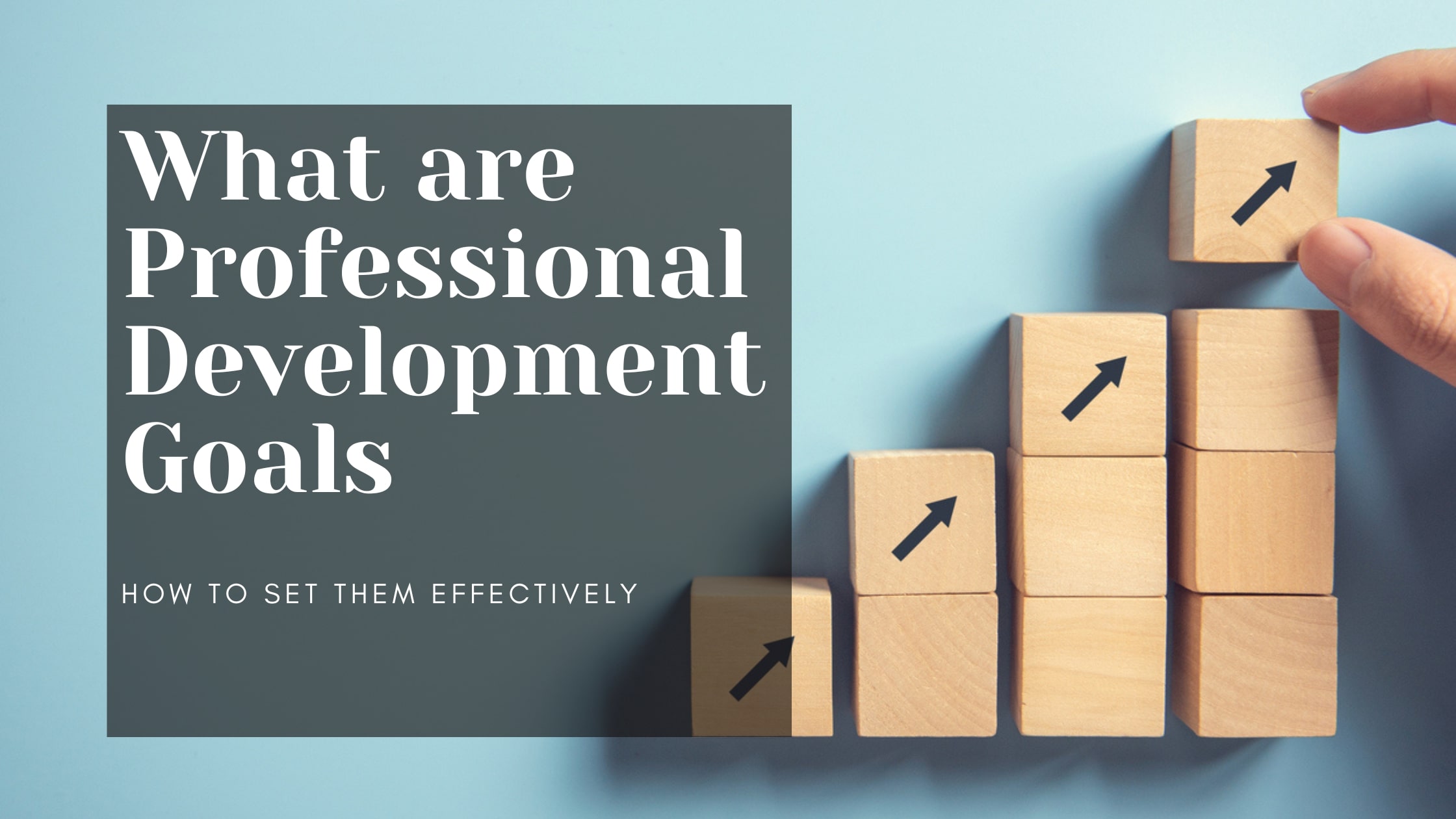
What are Professional Development Goals and How to Set Them Effectively? In order to grow vastly in life in terms of career, any individual must have clear goals boTh short term as well as long term. Such goals keep the utmost clarity and what do you really want to pursue in your life, leading to gaining more efficient skills. Explore different aspects of professional development goals and how to incorporate them into our lives effectively.
What Are Professional Development Goals?
These are specific objectives that individuals set to elevate their skills and knowledge in their career. Such goals can be dependent on many factors, including personal motives, industry demands, and organizational needs. They often carry:
– Skill Acquisition: Acquiring new skills related to anyone’s job or industry.
– Career Advancement: Setting a new vision for promotions or other new roles under an organization.
– Networking: Building and maintaining new relationships with professionals of the same field.
– Leadership Development: Curating leadership qualities, inspiring others.
The Vitality of Leadership in Professional Development
Leadership is a crucial role in gaining professional development goals. Specifically, transformational leadership is a kind of leadership that focuses on inspiring and motivating employees to exceed their own potential. this kind of leadership is characterized by majorly these four key components:
– Inspirational Motivation: Leaders express an inspiring vision that motivates team members.
– Exemplary Behavior: Leaders demonstrate values, gaining admiration and confidence from their supporters.
– Intellectual Stimulation: Leaders stimulate intellect by challenging assumptions to promote innovation and creativity.
– Personalized Attention: Leaders offer tailored support and guidance to assist individuals in their development.
Comprehending these elements can assist individuals in establishing more impactful professional growth objectives by matching them with the characteristics of transformational leadership.
How to Set Professional Development Goals
Developing professional goals requires a structured method. Here is a detailed manual:
Self-Evaluation: Assess your present abilities, advantages, and limitations. Find areas in which you aim to enhance or expand.
Establish Your Objectives: Determine clear, specific, and measurable goals after evaluating yourself. For example:
- – “I aim to enhance my public speaking abilities by participating in three workshops within this year.”
- – “I plan to take on the role of leading a project team in the upcoming six months.”
Align with Organizational Objectives: Ensure that your objectives are in line with the mission and values of your organization. This alignment can increase the likelihood of receiving support from leadership.
Develop a strategy: Layout the necessary actions to reach your objectives. This might involve signing up for classes, finding a mentor, or acquiring particular skills through experiences.
Create a schedule: Determine specific timeframes for reaching each objective. Timelines assist in staying focused and being responsible.
Seek Feedback: Request feedback frequently from peers and mentors to evaluate your progress and make any needed changes.
Reflect and Adjust: Remain receptive to modifying them in accordance with fresh prospects or evolving situations.
What Are Some Leadership Qualities?
Some essential leadership qualities include:
- Integrity: Honesty and strong moral principles.
- Communication: Ability to convey ideas clearly and listen actively.
- Empathy: Understanding and sharing the feelings of others.
- Confidence: Belief in oneself and in one’s team.
- Vision: Clear understanding of goals and strategies for achieving them.
- Accountability: Taking responsibility for actions and decisions.
- Resilience: Ability to recover and adapt to setbacks.
- Decisiveness: Making decisions efficiently and effectively.
Conclusion
Having professional development goals is crucial for individuals seeking to progress in their careers successfully. Individuals can improve their skills and benefit their organizations by setting meaningful goals that align with the principles of transformational leadership, which emphasize inspiration and individualized support. Following this organized method guarantees that individual development is in sync with career goals, resulting in enhanced success in one’s professional path.
By concentrating on these elements, you can establish a strong structure for your career advancement that enables you to accomplish exceptional outcomes while promoting a climate of growth in your place of work.




